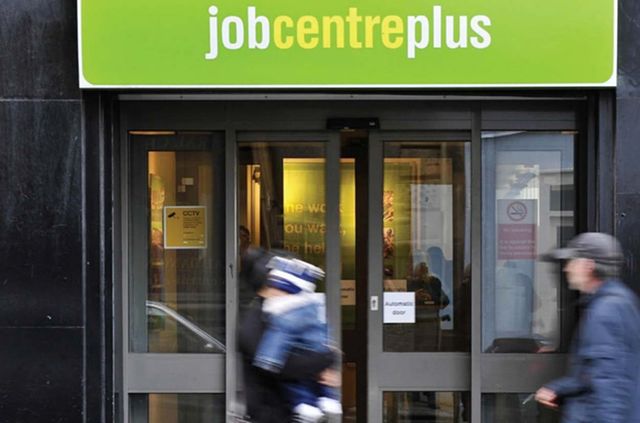Receiving jobseeker’s allowance isn’t enough for EEA nationals to prove they are looking for work. But if that’s not sufficient, what is?

By J J Ellison (Own work) [CC BY-SA 3.0 (http://creativecommons.org/licenses/by-sa/3.0)], via Wikimedia Commons
– anyone would be forgiven for thinking this is a descriptive term. An allowance – “a sum of money paid regularly to a person to meet needs or expenses”, as the dictionary terms it – for those seeking (looking for) a job. But according to the Home Office unit which processes applications for
permanent residence from EEA citizens, this is not the case. For such applications, being in receipt of jobseeker’s allowance is not evidence of actively seeking work.
Many EEA citizens wishing to secure their status in post-Brexit Britain are applying for permanent residency, an essential step on the path to British citizenship. Immigrants from outside the EEA can usually get permanent residency (‘indefinite leave to remain’) after five years of lawful residence. EEA citizens also become eligible for permanent residence after five years of living in the UK. But although their residence may have been lawful, the government is placing additional barriers in the way of EEA citizens obtaining permanent residence, resulting in a state of ‘suspended citizenship’. Continue reading →
 Photo by GotCredit
Photo by GotCredit
